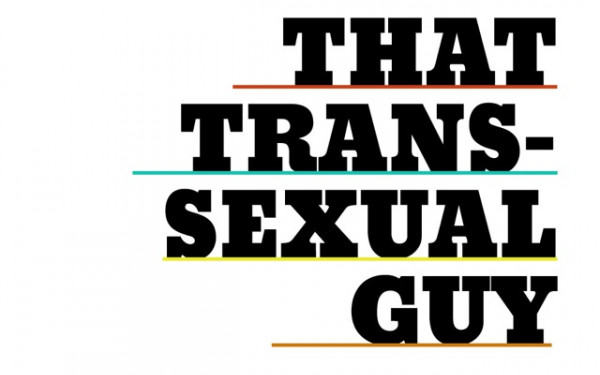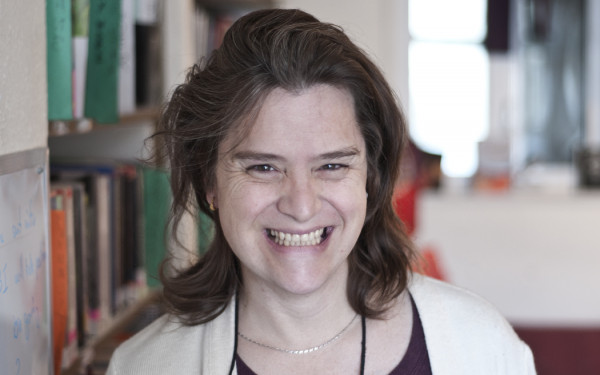Janet Mock Talks Intersectionality, Survival and Audacity
Piers Morgan got Janet Mock all wrong.
She’s a writer, she’s a sister, she’s a feminist, she’s a trans woman, and she was never a man.
“I spoke back to a white, rich cis male who has a TV show and was obviously not trying to learn anything,” Mock told the packed Alumni Auditorium Friday night of her infamous interview with the CNN host last winter, who, among other offensive remarks, said she was a man until the age of 18 though Mock never identified with the gender.
This time, Mock sat with Gabrielle Bouchard, the Centre for Gender Advocacy’s peer support and trans advocacy coordinator, and discussed her memoir Redefining Realness, which follows her transition into womanhood—from growing up in Honolulu to becoming a journalist in New York City.
In her book, she explores falling in love, identity, sex work, privilege and growing up.
Mock was this year’s keynote speaker for the Centre’s yearly week of events called “Another Word for Gender: An Intro to Feminist Organizing and Action,” which ran from Sept. 29 to Oct. 4.
Mock acknowledged her use of media, including “checking” Piers Morgan, in promoting her message, but also highlighted her use of writing.
“Rarely do people talk about the language and the craft,” Mock said, explaining that her choice of genre for the book, a memoir, was as deliberate as her choice of words within it.
“I had to challenge myself to say, ‘What did my skin colour look like as a child? What did my father’s gold tooth look like, how did it shine?’
“It’s more than just this transition narrative and a lot of people were like, ‘I’m so sick of transgender memoirs,’” she recounted of choosing the genre, which she says is the one that “freed me as a young person.”
“It’s like, how many can you name that are written by a black trans woman?”
She also spoke of intersectionality—the intersections where systems of oppression and discrimination meet—and how, though she was focused on survival for so long, “you [wouldn’t] know my back story” by her appearance.
“You’re gorgeous,” someone yelled from the crowd.
“As a young trans child of colour, I had to build my own resolve to say that my dreams were valid and that I could have the audacity to dream, to dream beyond survival even though that’s what my teenage years were about,” Mock said.
Mock, who was the first person in her family to go to college, funded her medical procedures and her bachelor’s degree in fashion merchandising at the University of Hawaii at Manoa largely through sex work.
She went on to get a master’s degree in journalism at New York University, and became staff editor at People.
The first time her story was told publicly was during her time at People, when she was profiled by Marie Claire in 2011 for the issue’s cover story.
After the talk in the Hall Building, audience members lined up, filling an entire row, to ask Mock questions.
The first dealt with feminism and how the movement can be more inclusive.
“The voices that are most heard tend to be white feminists. I think we have a great learning moment now with Beyoncé and the checking of her. I think that it’s opening a lot of conversations around whose feminism matters and whose is valid,” Mock said.
Bouchard followed up with: “As a super-white person, I should say that when we’re called out on stuff, we should shut the fuck up and listen.”

_900_509_90.jpg)
1_900_484_90.jpg)




